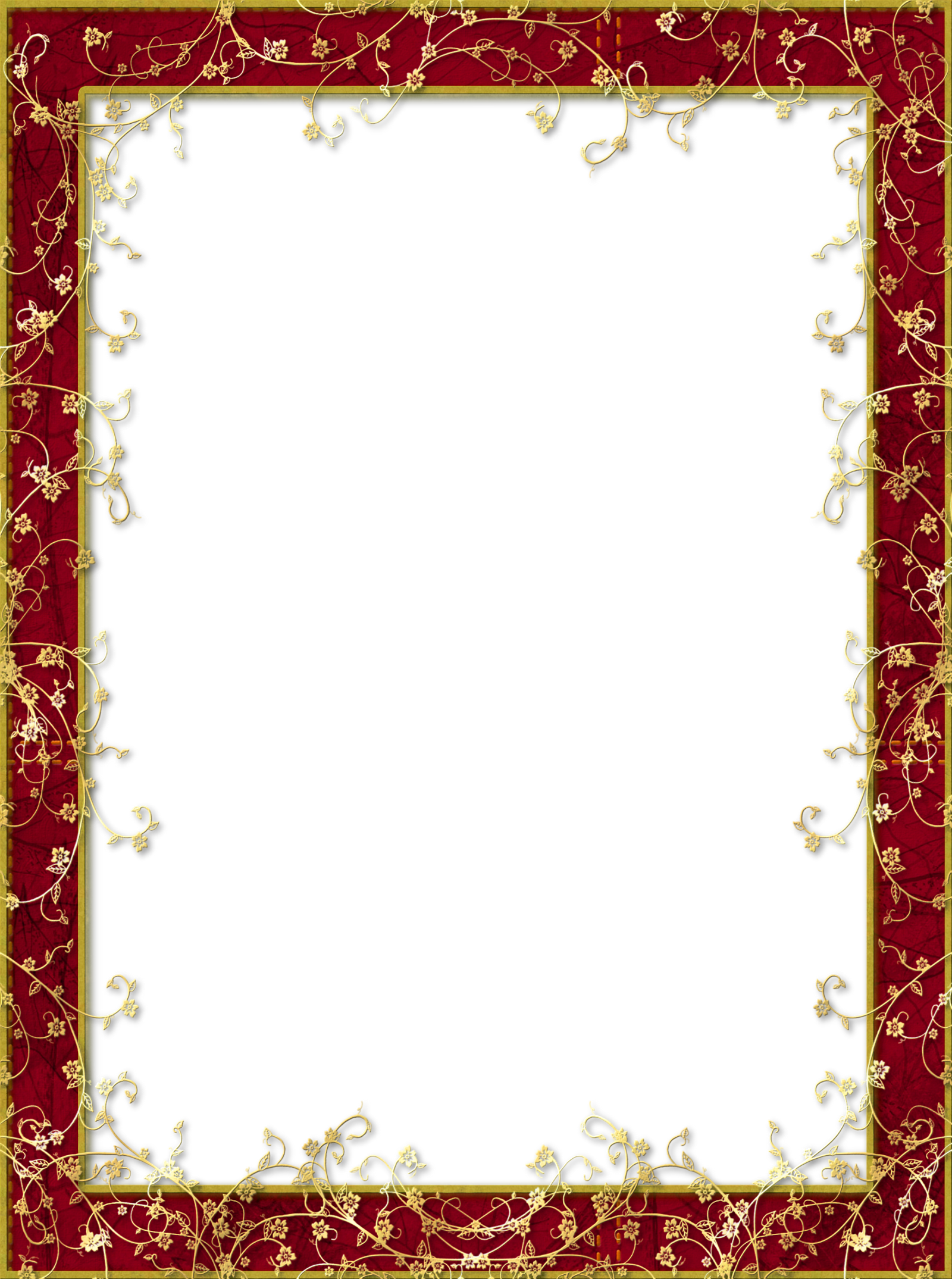Embellish Dress Design Frame Grace Download PNG

PNG Name: Embellish Dress Design Frame Grace
Rating: 4
Size: 2.7MB
Views: 684
Resolution: 1600x2149
Total Downloads: 453
Date Added: 18-01-2023
Format: PNG image with alpha transparent
License: Free for personal use only | Creative Commons (CC BY-NC 4.0)
Embellish Dress Design Frame Grace PNG Image has a transparent background. Embellish Dress Design Frame Grace PNG has resolution of 1600x2149 pixels and is of size 2.7MB. Embellish Dress Design Frame Grace belongs to Love and Decorate PNG Categories.
Decorating is the art of enhancing the appearance of a space, object, or surface. It involves adding visual elements such as color, texture, pattern, and form to create a pleasing and functional environment. Decorating can be done in many different settings, from homes and offices to public spaces like hotels and restaurants. It is a highly creative and often personal endeavor that allows individuals to express their unique style and personality.
The process of decorating typically begins with a vision or inspiration. This might come from a magazine, a Pinterest board, or even a memory of a place or experience. The decorator then starts to gather materials and ideas, choosing colors, patterns, and textures that will work together to create the desired effect. Depending on the scope of the project, the decorator may work alone or collaborate with other professionals such as architects, builders, or interior designers.
One of the key elements of decorating is color. Different colors can evoke different moods and emotions, so it's important to choose colors that will create the desired atmosphere. For example, warm colors like red, orange, and yellow can create a cozy and inviting feel, while cool colors like blue, green, and purple can create a more calming and serene environment. Neutral colors like beige, gray, and white can provide a neutral backdrop for other decorative elements.
Texture is another important element of decorating. Texture can add depth and dimension to a space, making it more interesting and engaging. Textures can be created through a variety of materials, including fabrics, rugs, wallpaper, and decorative objects like vases or sculptures.
Pattern is also a key element of decorating. Patterns can add visual interest and create a sense of movement and energy in a space. Patterns can be bold and graphic, like stripes or polka dots, or more subtle and organic, like floral or paisley designs.
Finally, form is an important element of decorating. Form refers to the shape and structure of objects, furniture, and other decorative elements. The form can add visual interest and create a sense of balance and harmony in a space. For example, a round dining table can create a more intimate and cozy atmosphere, while a long, rectangular table can create a more formal and structured environment.
The process of decorating typically begins with a vision or inspiration. This might come from a magazine, a Pinterest board, or even a memory of a place or experience. The decorator then starts to gather materials and ideas, choosing colors, patterns, and textures that will work together to create the desired effect. Depending on the scope of the project, the decorator may work alone or collaborate with other professionals such as architects, builders, or interior designers.
One of the key elements of decorating is color. Different colors can evoke different moods and emotions, so it's important to choose colors that will create the desired atmosphere. For example, warm colors like red, orange, and yellow can create a cozy and inviting feel, while cool colors like blue, green, and purple can create a more calming and serene environment. Neutral colors like beige, gray, and white can provide a neutral backdrop for other decorative elements.
Texture is another important element of decorating. Texture can add depth and dimension to a space, making it more interesting and engaging. Textures can be created through a variety of materials, including fabrics, rugs, wallpaper, and decorative objects like vases or sculptures.
Pattern is also a key element of decorating. Patterns can add visual interest and create a sense of movement and energy in a space. Patterns can be bold and graphic, like stripes or polka dots, or more subtle and organic, like floral or paisley designs.
Finally, form is an important element of decorating. Form refers to the shape and structure of objects, furniture, and other decorative elements. The form can add visual interest and create a sense of balance and harmony in a space. For example, a round dining table can create a more intimate and cozy atmosphere, while a long, rectangular table can create a more formal and structured environment.














